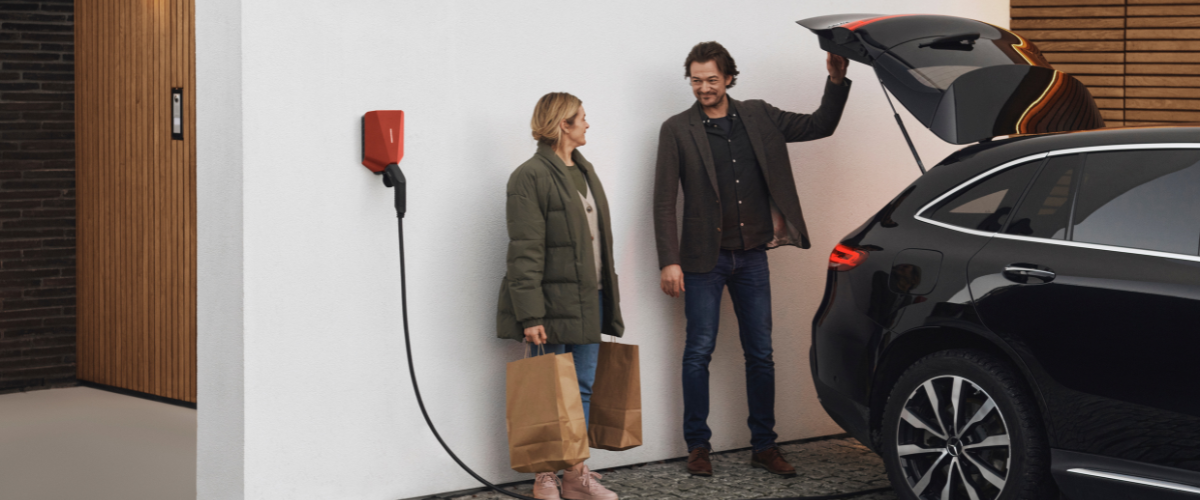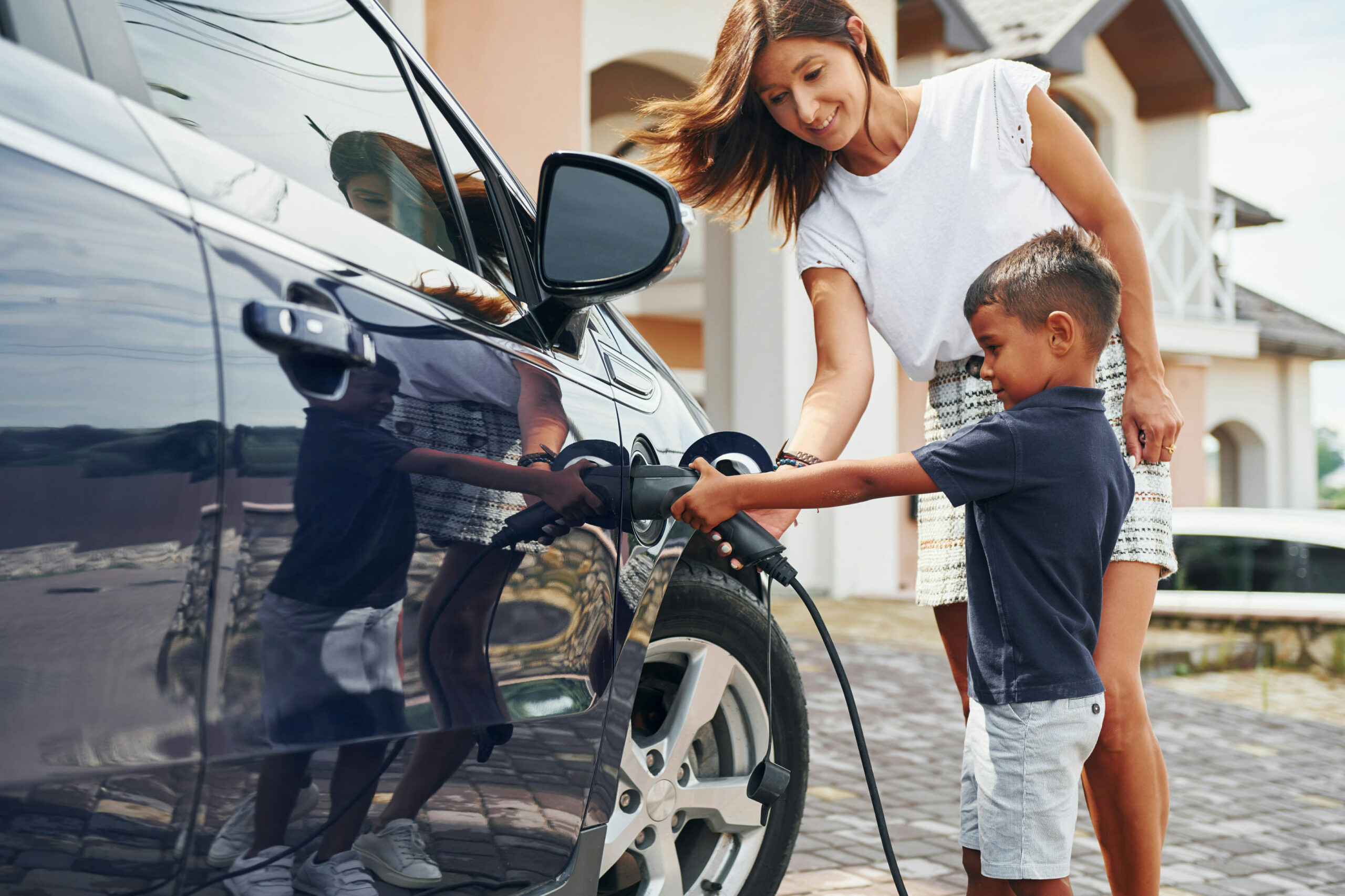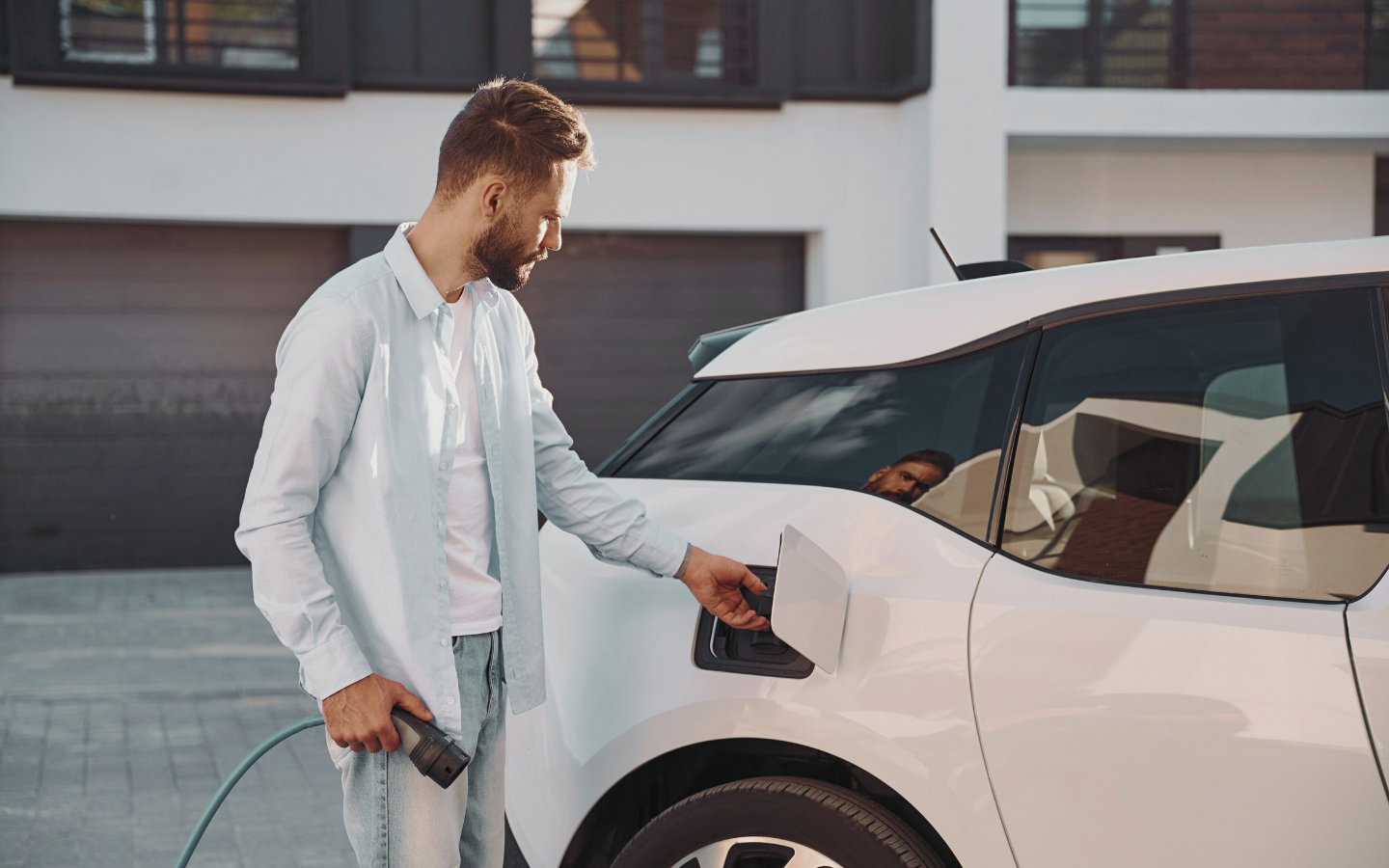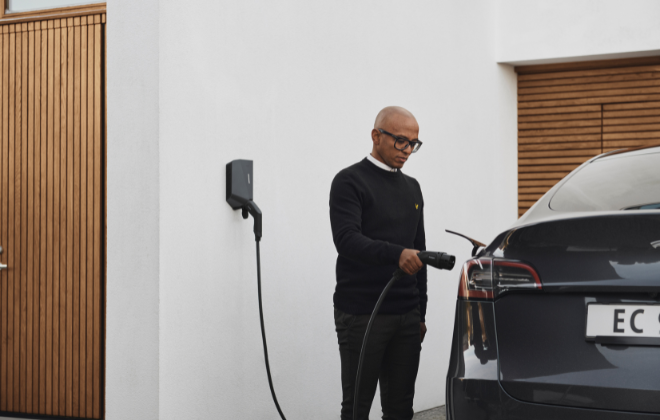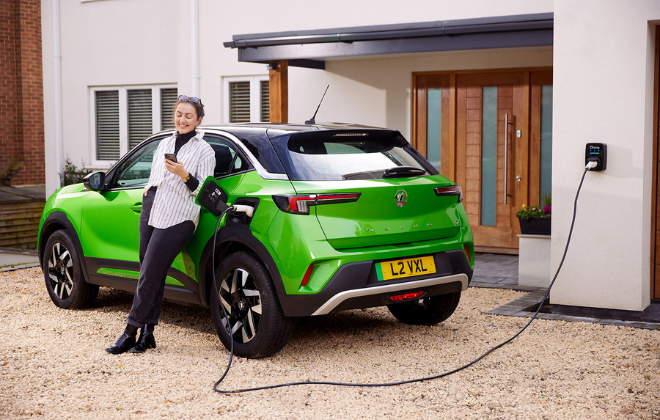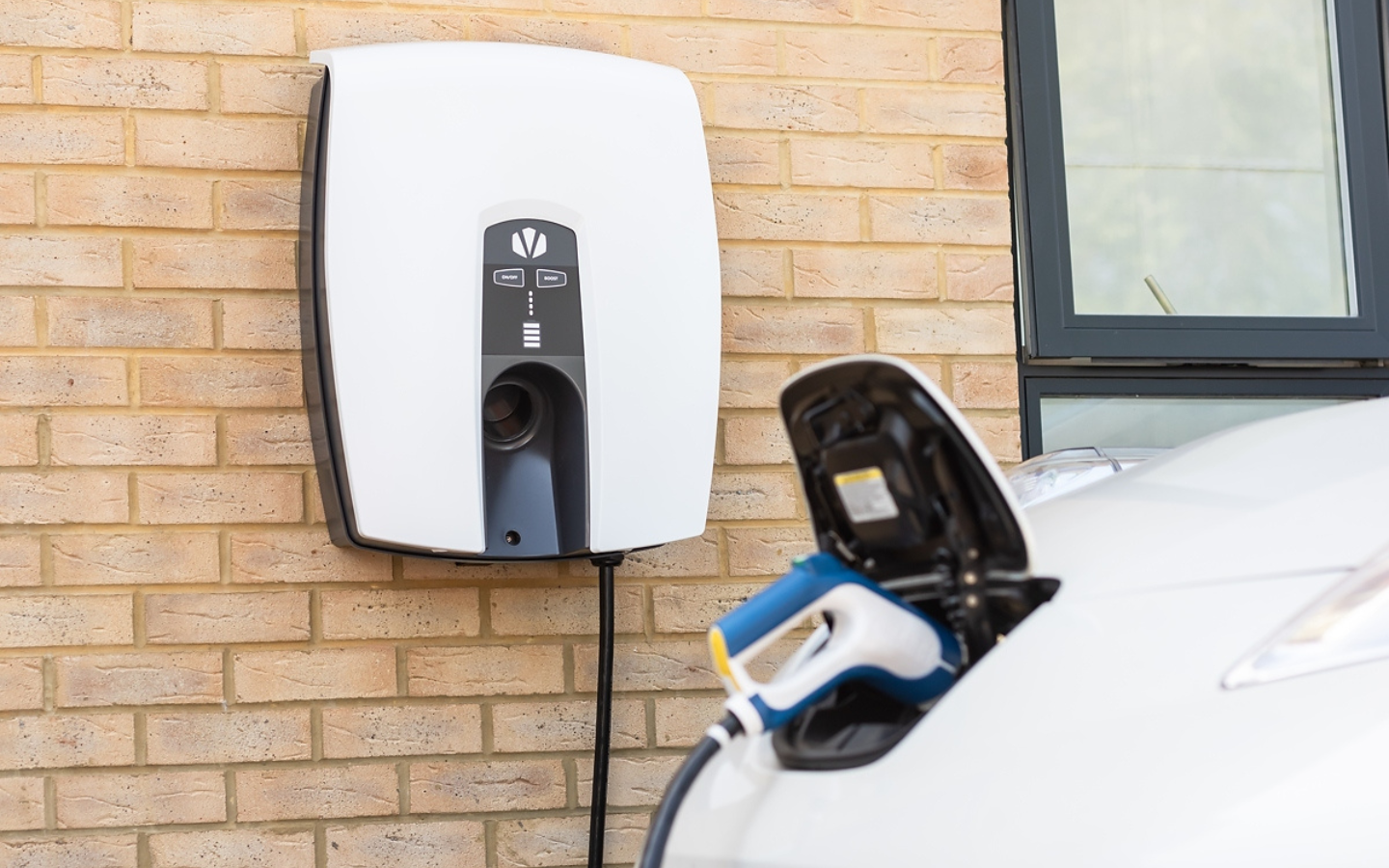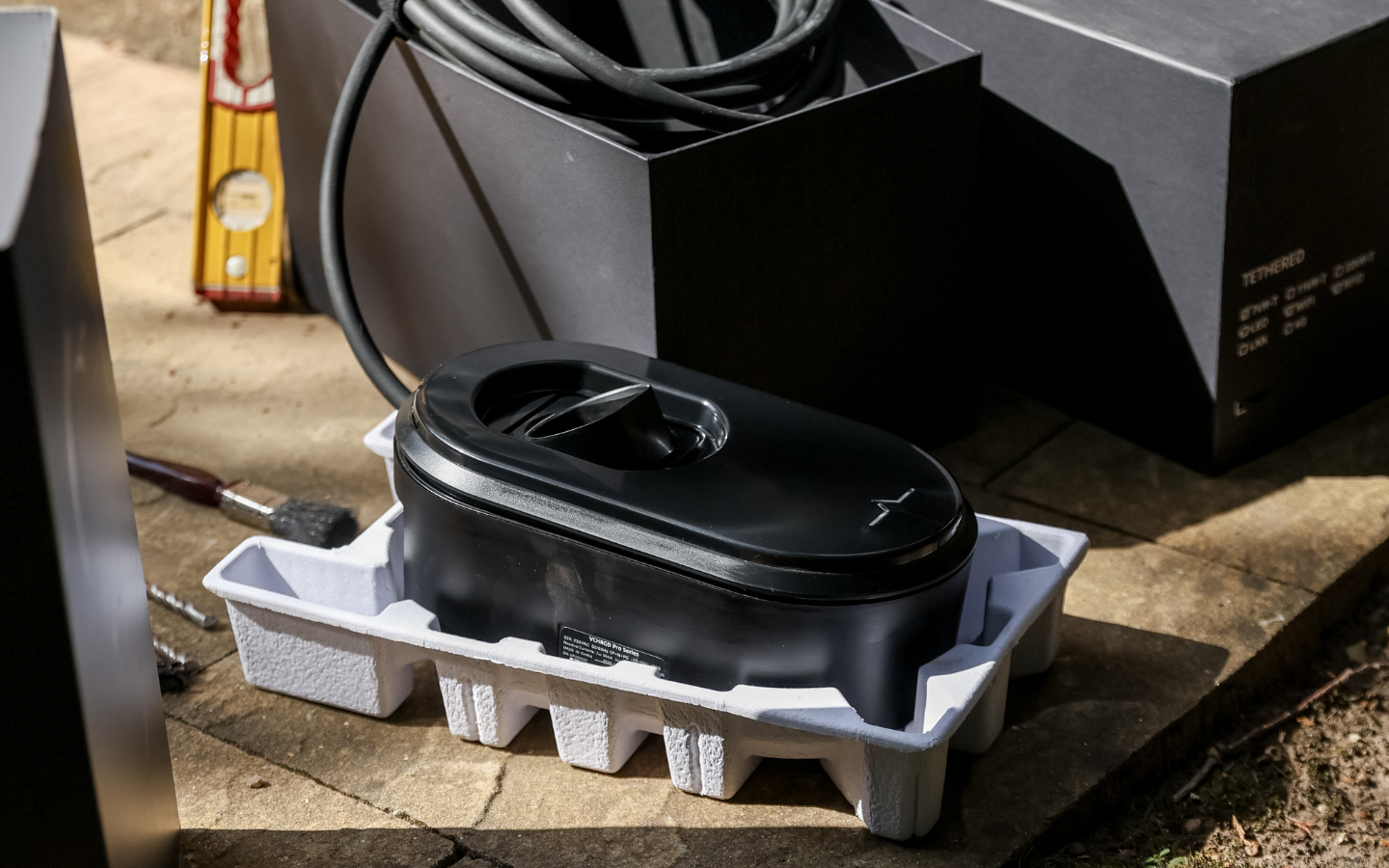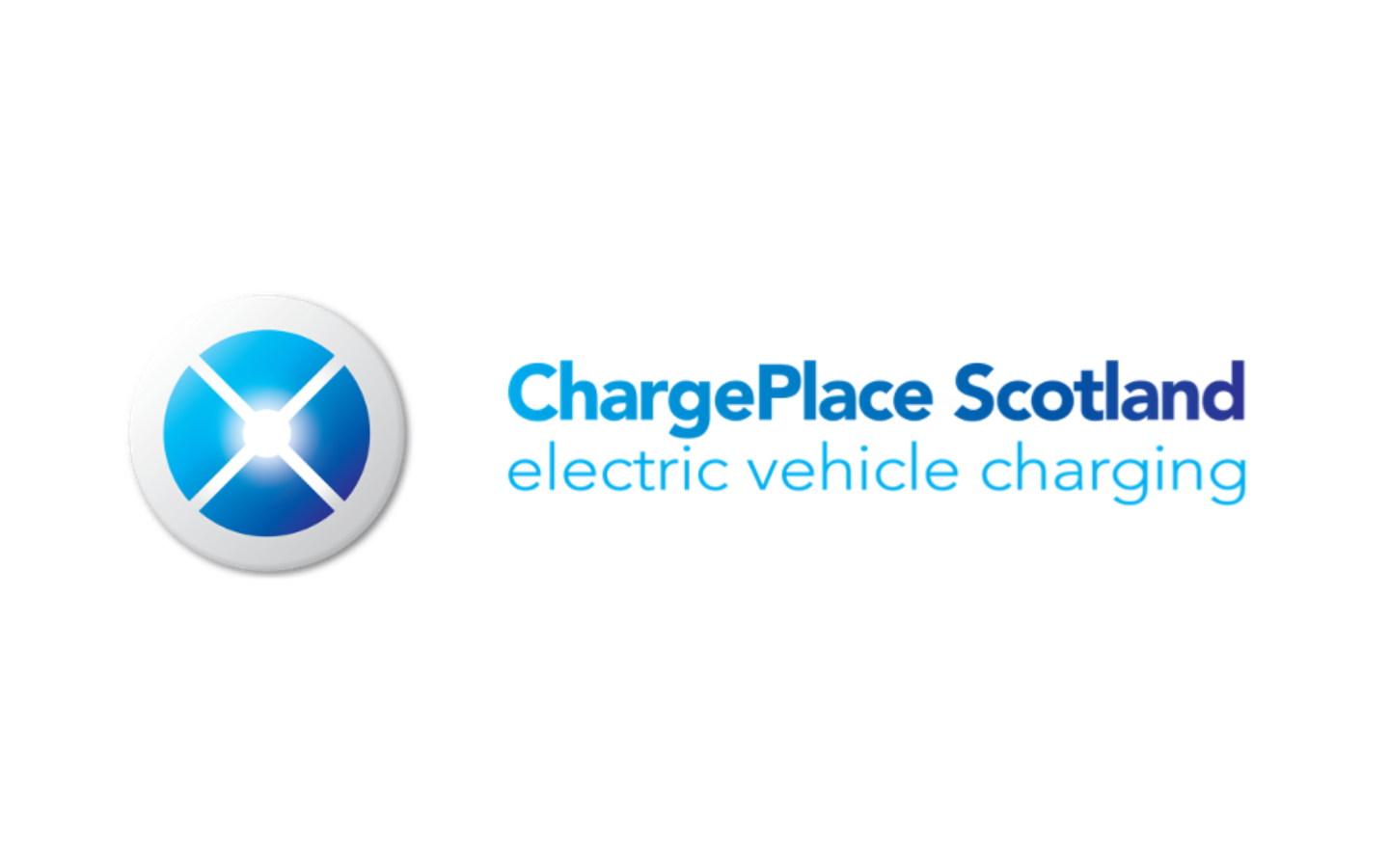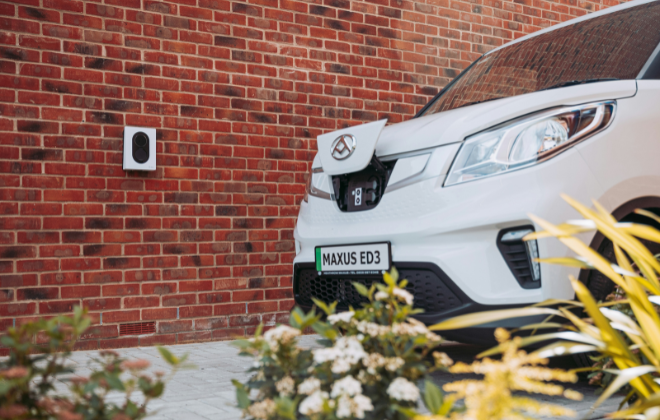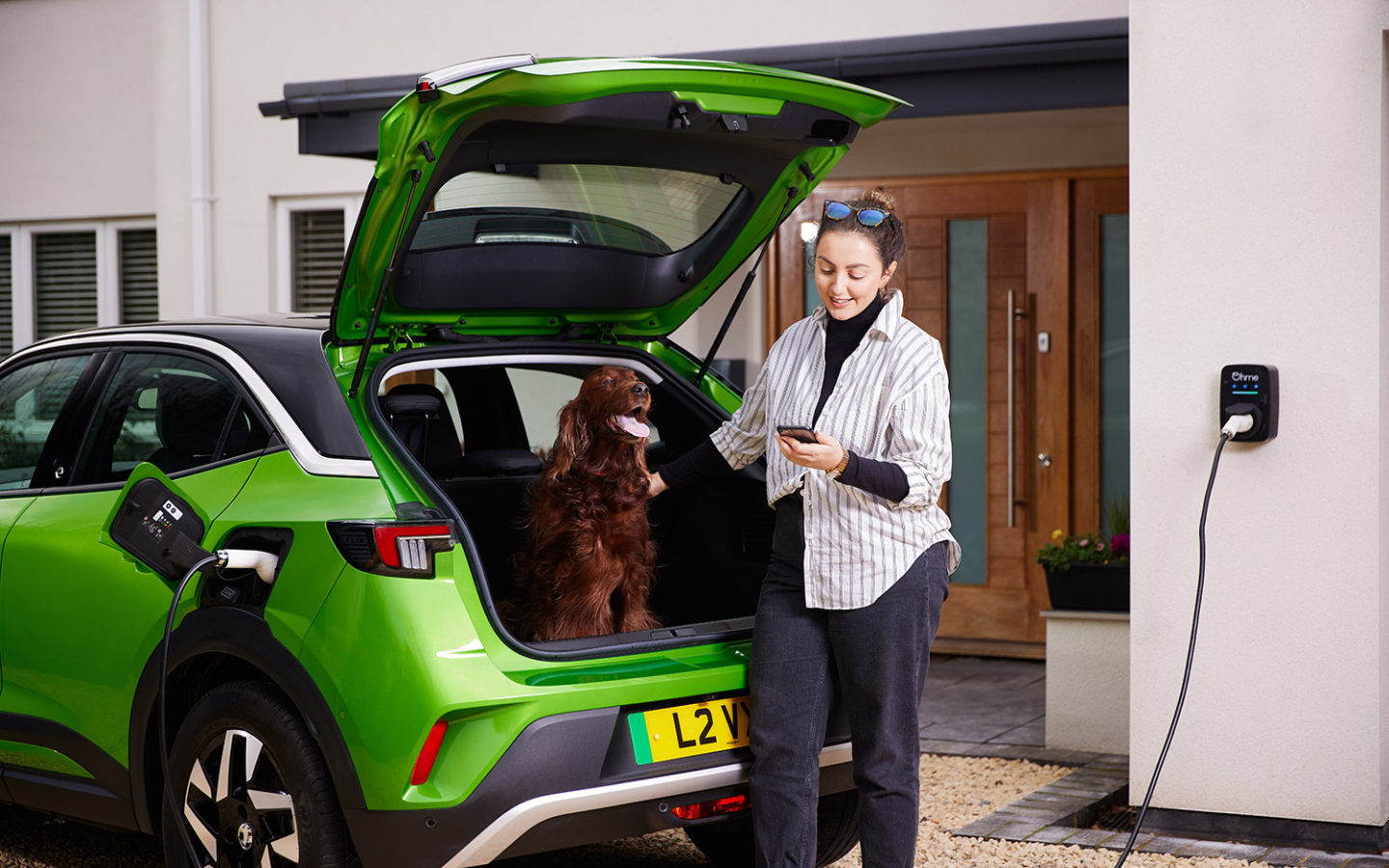

Do home EV chargers need Wi-Fi?
With over 1,500,000 plug-in electric cars in use across the UK, the demand for home electric vehicle chargers is undoubtedly on the rise. And it comes as no surprise given the benefits of smart EV chargers – such as more convenient, faster and safer EV charging sessions.
However, when assessing what’s needed for a successful home EV charger installation, one question that frequently appears is – Do home EV chargers need Wi-Fi?
In this article, we’ll explain why Wi-Fi or some form of connectivity is essential, explore the benefits and considerations of Wi-Fi-enabled EV home chargers against mobile-enabled chargers and shed light on how smart home EV chargers enhance charging convenience, monitoring, and cost savings.
Do EV home chargers need Wi-Fi?
The answer in its shortest form is yes – due to smart charging regulations, home EV chargers do need Wi-Fi or at least some form of connectivity (4G) between your EV charger, your EV and the electricity grid in order to access smart features. Whether through an internet connection or via a mobile data connection (3G, 4G or 5G sim card), a home EV charger requires some form of connectivity so you can remotely control your charger via an app.
In fact, this is the case for all UK commercial, workplace and home EV chargers under the government-enforced Smart Charging Regulations, stating that all EV chargers legally have to have smart functionality.
So, yes, EV home chargers need either an internet or mobile connection in order to be compliant with smart EV charging regulations.
This has not always been the case – while smart chargers are the norm nowadays, dumb EV chargers used to be on sale in the past.
What is the difference between smart and dumb EV chargers?
Prior to June 2022, the Electric Vehicles (Smart Charge Points) regulations did not exist. And so, non ‘smart’ electric vehicle chargers – nicknamed ‘dumb EV chargers’ were available on the market.
With these dumb chargers, you could not manage, monitor or take advantage of any smart features due to the lack of connectivity; you simply plugged in and charged.
Dumb EV charging stations were not common before these regulations came into play; however, it is now illegal to purchase a dumb EV charger, making them almost non-existent.
Why do EV chargers have to be smart?
As previously mentioned, EV chargers need an internet connection or 4G connection because of the Electric Vehicle Smart Charging Regulations. However, this law came into force in order to help reduce the strain on the national grid.
With smart electric car chargers, you can set charging schedules – timing exactly when your EV will stop and start charging. With this, EV drivers can set their EVs to charge during off-peak hours when the demand for the grid is lower, supporting the health of the electricity grid. In comparison, dumb chargers can not be scheduled or controlled, much like iPhone or laptop chargers; they simply charge when plugged in and only stop when unplugged. With this in mind, if everyone made the switch to electric and charged simultaneously with dumb chargers, significant strain would be placed on the grid due to the lack of charge scheduling.
There are perks to charging off-peak, too; energy is cheaper overnight, meaning smart EV charger owners can save substantially on EV charging costs. Energy is also more renewable during these off-peak hours, too, meaning you can charge greener. And finally, smart EV chargers provide more safety and security than their dumb counterparts.
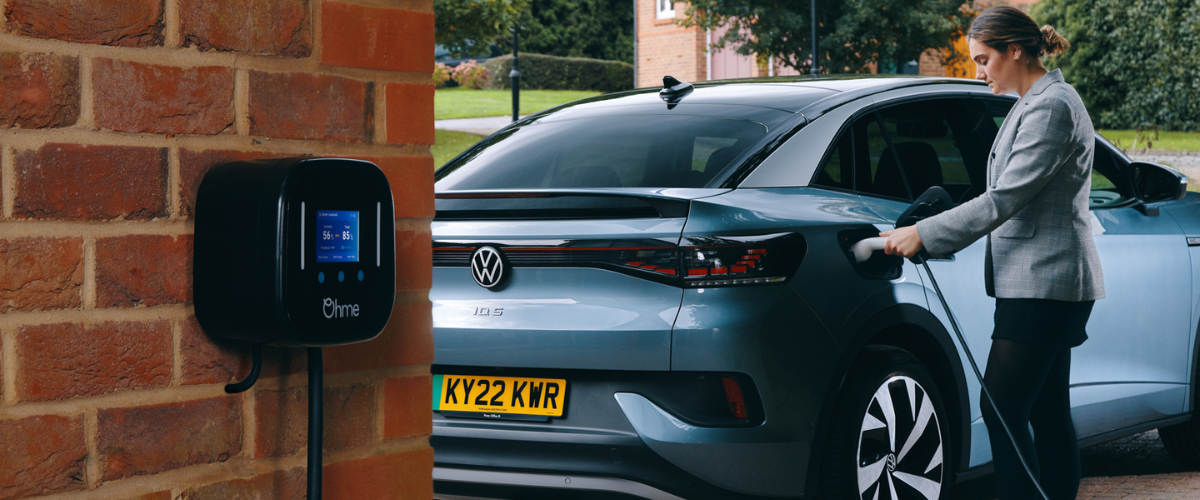
Can you charge an EV without Wi-Fi/internet connection?
Yes, you can charge an EV without Wi-Fi; you can use a three-pin plug charger. However, three-pin plug charging is the slowest charging speed available and brings many disadvantages. Industry experts only suggest three-pin plug charging as a last resort.
Another route is using your smart EV charger – which may sound counter-intuitive – however, certain home chargers offer alternative charging methods for those who prefer the more simplistic, traditional plug-in and charge routes.
And while your charger still needs a Wi-Fi or mobile connection to be legally compliant, you don’t have to take advantage of the intuitive smart connection. Instead, opt for EV chargers with the Plug & Charge feature (where you simply plug your cable in, and it will start charging) or RFID card charging (where you scan an RFID card to stop and start charging sessions).
Of course, you can also opt for a home electric car charger with mobile data connectivity if you want to avoid a Wi-Fi-enabled unit.
Wi-Fi VS 4G mobile data for EV charging – Which should I choose for my home electric vehicle charger?
Since home electric car chargers can come with either Wi-Fi connectivity or 4G mobile connectivity, many of our customers ask which is better for a home electric car charger.
In short, Wi-Fi-enabled EV chargers are not better than mobile-data-enabled chargers; it simply depends on your personal circumstances and preferences as to which you choose. Both types of home chargers provide the same access to the unit’s designated smart features -it’s only the connection that is different.
When trying to decide between the two, you should take into consideration the following:
1. Cost
Like everything, cost is an essential factor to consider when it comes to your EV charger’s connectivity.
Typically, EV chargers with Wi-Fi connectivity come at no extra cost, as your engineer will link your home charger with your pre-existing Wi-Fi. Most smart EV chargers only offer Wi-Fi connectivity and offer it as standard, resulting in no additional charging costs.
On the other hand, mobile-enabled home chargers will require data. And while some, like the Easee One, come with a free 4G lifetime data subscription, meaning you don’t have to worry about additional costs, other EV charging manufacturers may only offer free data for the first few years, and after the initial period runs out, there will be subsequent charges.
2. Location of your EV charger
It’s also best to consider where you want your electric vehicle charger installed – on your driveway, in your garage – the places are endless. But when deciding where to install your EV charger, you need to consider whether your Wi-Fi connection will reach where you want your charger installed. For example, if your garage is located at the far end of your property, away from your router, your connection may not stretch enough to provide sufficient Wi-Fi connection for smart functionality to work.
Of course, if you really want to use Wi-Fi connectivity and not cellular data, boosters can be attempted in an effort to improve broadband connection. However, in our expertise, we would err on the side of caution to this, as the connection may still be unreliable, causing disrupted charging sessions with unstable access to smart features.
In some cases where you are interested in a Wi-Fi-enabled EV charger, certain EV chargers offer an ethernet connection, meaning you can have a stronger Wi-Fi connection and don’t have to resort to mobile connectivity.
3. Availability
If you do not have Wi-Fi at home, the answer has been made for you – a cellular EV charger, such as the Ohme Home Pro or Ohme ePod, is your only option. Cellular data electric vehicle chargers provide the same features as Wi-Fi-connected units, so you aren’t missing out on smart features.
4. Reliability of signal
If your Wi-Fi is patchy or your broadband signal is unstable in general, you should opt for a mobile EV charger in order to ensure a seamless connection. We’d recommend a charger with a 4G or 5G sim card.
With unstable connections, controlling your electric vehicle charger may become difficult, with smart features becoming unavailable when the connection is down. This could be worse for those interested in saving on charging costs, as it could impact your tariff-integrated charging sessions.
Which home EV chargers use Wi-Fi, and which use mobile data?
| Home EV Charger | Wi-Fi or mobile data enabled |
| Easee One | Both – Wi-Fi and free lifetime 4G built-in eSim |
| Ohme ePod | Mobile data only – 3G/4G – free for three years |
| Ohme Home Pro | Mobile data only – 3G/4G – free for three years |
| evec | Wi-Fi only |
| VCHRGD Seven Pro | Wi-Fi only |
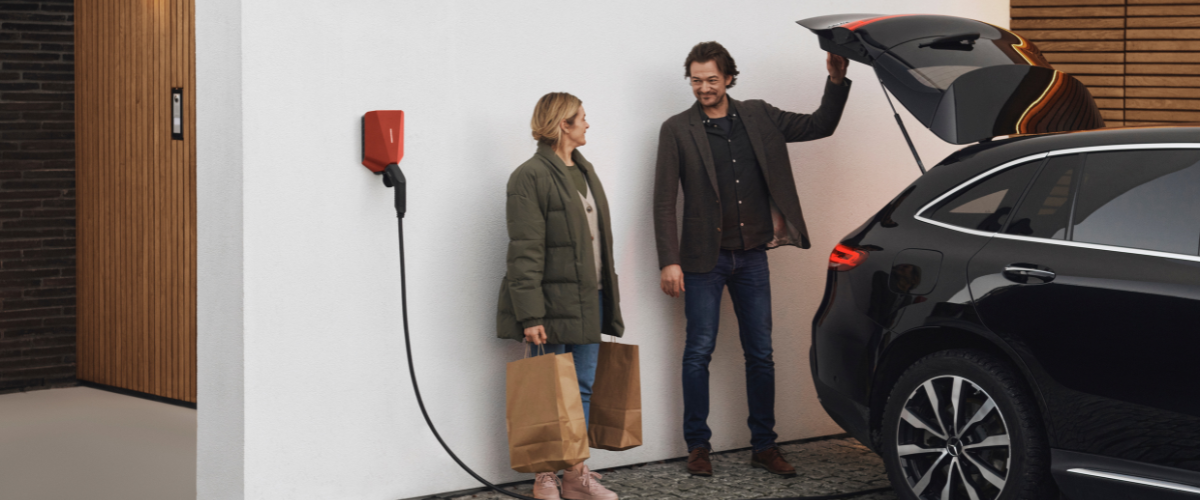
Conclusion
EV chargers can come with either Wi-Fi or 4G connectivity – or sometimes, both. While there are slight differences between mobile data-enabled and Wi-Fi-enabled home EV chargers, the functionality remains almost identical, with both providing smart features and access to an app.
The choice between Wi-Fi or 4G for your home EV charger therefore remains a personal choice.
That said, if your Wi-Fi is unreliable, we would recommend investing in a mobile data EV charging point to ensure smooth, smart charging.
Summary:
- According to UK Smart EV regulations introduced in 2022, workplace, commercial and home EV chargers must have Wi-Fi or some form of connectivity so the user can access advanced smart features, which can save EV owners significant money through charge scheduling and, in some cases, tariff integration.
Interested in a home EV charger?
If you are in the market for a Wi-Fi or mobile-enabled home EV charger, feel free to browse our range of market-leading chargers.
If you are looking to get an EV charger installed at your home, click below to get your free quote, or contact us for more information or any queries you may have.
For more information and our latest updates, follow us on Facebook, Instagram, Twitter, LinkedIn and YouTube.
Related articles
Stay up to date on the latest from We Power Your Car_
I consent to receive newsletters from We Power Your Car. Please see our Privacy Policy
